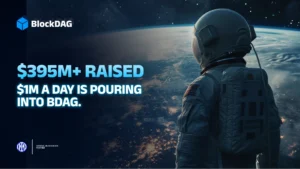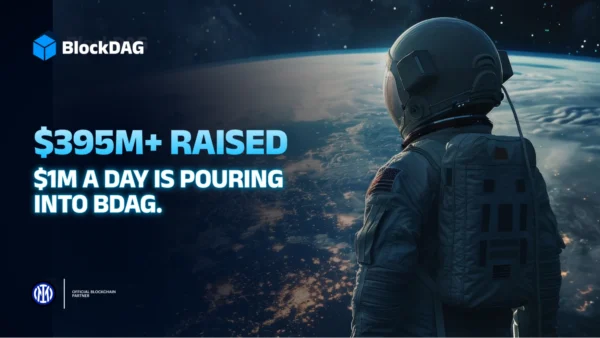
With hurricane Florence looming and untold billions of dollars’ worth of damage most likely heading for the US East coast, crypto developers are showcasing how blockchain and Ethereum (ETH) could be used to automate insurance payouts, saving insurance companies time and money and giving relief fast enough to help victims in the immediate aftermath of disasters.
What’s the Need?
The damage done by natural disasters like a large hurricane can reach tens of billions of dollars, in lost homes, broken infrastructure, interrupted business operations, injuries and deaths. And when they strike, the chaos can often take months to sort out, with many different insurance providers sending out their own armies of claim adjusters and insisting on their own experts.
With billions on the line, there is incentive for insurers to draw out investigations in the hopes that customers will settle for lower payouts. With companies bound to seek to maximize profit for shareholders, there is little that can be done about this.
They will always promise the world to get you to sign up with them, but once disaster strikes they will be duty bound seek to go back on every promise they legally can.
A Use case for Blockchain
Not every aspect of an insurance claim payout can be handled by Blockchain – let’s start by acknowledging that. But one place where Blockchain shines is creating trust by removing the possibility of foul play. By utilizing decentralized oracles – middlemen that take information from the outside world and encode them on the Blockchain, it is possible to set up contracts that trigger without manual input if conditions are fulfilled.
This is not a new idea – projects like Chainlink (LINK) have been working on the issue for years, and IOTA (MIOTA) has seen them as an integral part of the Data Marketplace since inception. And in fact, French insurance giant AXA has already rolled out an insurance place for flight cancellations that uses the Ethereum chain to encode data about flight delay and cancellations.
Though AXA’s model is not decentralized, crypto projects like Etherisc are starting to offer similar policies that will pay out automatically if trusted oracles show wind speeds consistent with hurricanes, .
By automating the payout process they hope to reduce the bloat of bureaucracy, as well as showing customers that they will not hold back payouts if disaster does strike.
Naturally there is more to calculating payout levels than just wind speeds, and claims adjusters will have to take to the field for a long time yet, but by guaranteeing instant partial payouts in the immediate aftermath of catastrophe much human misery can be mitigated, and as oracles develop, it will be possible to make larger and larger portions of insurance policies more fair and transparent. There are interesting times ahead for Blockchain, indeed.









